Israel-IAEA collusion: Grossi lands in Tel Aviv ahead of UN nuclear agency meet
The chief of the UN nuclear agency has traveled to Israel and met the regime's extremist premier Naftali Bennett, ahead of the body's Board of Governors meeting on Monday.
The high-profile visit by Rafael Grossi also comes in the wake of the latest report by the International Atomic Energy Agency (IAEA) on Iran’s nuclear program amid a stalemate in Vienna talks to salvage the 2015 nuclear deal, called the Joint Comprehensive Plan of Action (JCPOA).
Iran has on many previous occasions cautioned the UN nuclear agency against allowing the Israeli regime to influence its independent mandate and decision-making.
On Thursday, during a phone call with his Singaporean counterpart Vivian Balakrishnan, Iran’s Foreign Minister Hossein Amir-Abdollahian described any political interference in the technical affairs of the IAEA as “unconstructive”.
He said during Grossi’s recent visit to Iran, the two sides had reached a mutually satisfactory agreement through a positive process.
However, the IAEA's latest report last week drew Iran's criticism, rejecting it as "unfair and unbalanced" that had deviated from the technical path under Israel's pressure.
Earlier this week, Bennett accused Iran of stealing classified documents from the IAEA and using them to deceive international inspectors nearly two decades ago. Iran rejected the allegations as outright lies.
Iran's Foreign Ministry spokesman Saeed Khatibzadeh on Wednesday called the Israeli regime “the world's #1 JCPOA hater” which he said also “happens to be NPT-denier and the only nuke-possessor” of the region.
“We know this. The world knows this. Time for E3/US to stop pretending to be asleep. They can pursue diplomacy—or pursue the opposite. We're ready for both,” the spokesman said.
Israel is the Middle East's sole, though undeclared, nuclear-armed entity, but it has never allowed the IAEA to inspect its nuclear sites. It has also refused to sign the Non-Proliferation Treaty (NPT).
On the other hand, Iran's nuclear energy program has been subject to the most intensive inspections. The Islamic Republic is a signatory of the NPT, but it continues to reel under harsh sanctions for working to benefit from the peaceful use of nuclear energy, like other countries.
On Friday, Bennett told Grossi that Israel would prefer a diplomatic resolution but could take unilateral action against Iran's nuclear energy program.
Bennett "stressed (to Grossi) the importance of the IAEA Board of Governors delivering a clear and unequivocal message to Iran in its upcoming decision", a
statement from the Israeli premier's office said.
Warning to IAEA
The IAEA board of governors is slated to hold a meeting on Monday for which Britain, France, Germany, and the US have reportedly prepared a draft resolution to mount pressure on Iran.
The United States on Thursday confirmed that it will join Europeans in backing the resolution against Iran.
Iran has pledged a “firm and appropriate” response to any “unconstructive" move. “We will respond firmly and appropriately to any unconstructive action at the board of governors,” Khatibzadeh said on Wednesday.
China also warned that any confrontational moves at the upcoming meeting will only undermine cooperation between Iran and the IAEA, and disrupt the process to revive the 2015 nuclear deal.
Chinese Foreign Ministry spokesman Zhao Lijian said exerting pressure on Iran and the UN nuclear agency will escalate tensions and complicate the situation.
He called on Washington to make a political decision as soon as possible on the revival of the nuclear agreement and actively respond to what Iran’s legitimate concerns.
Iran has repeatedly stated that it is waiting for a response from the US on its proposals to revive the deal, but Washington has been dragging its feet on it.
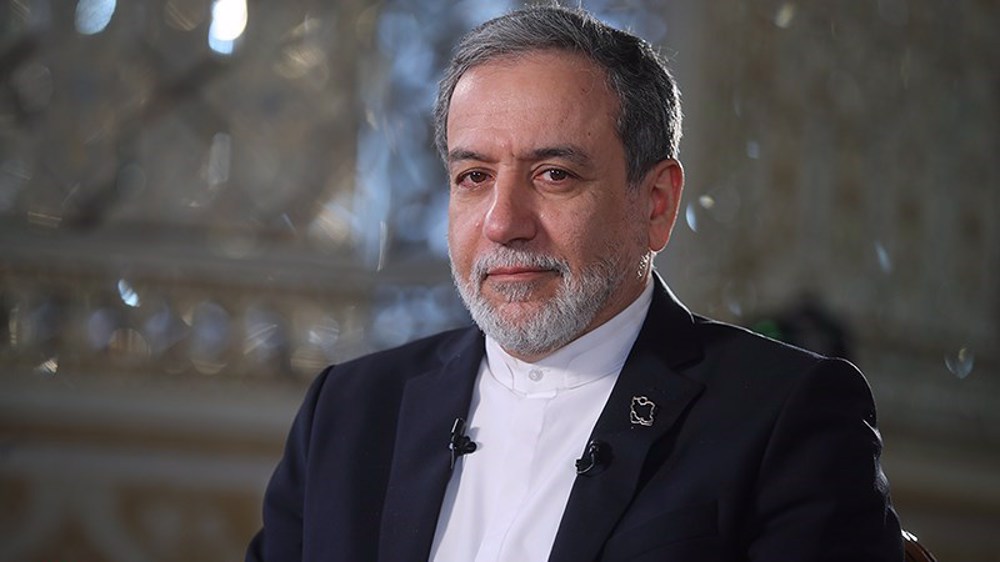
Iran’s FM warns of Israeli attempts to derail diplomacy through various tactics
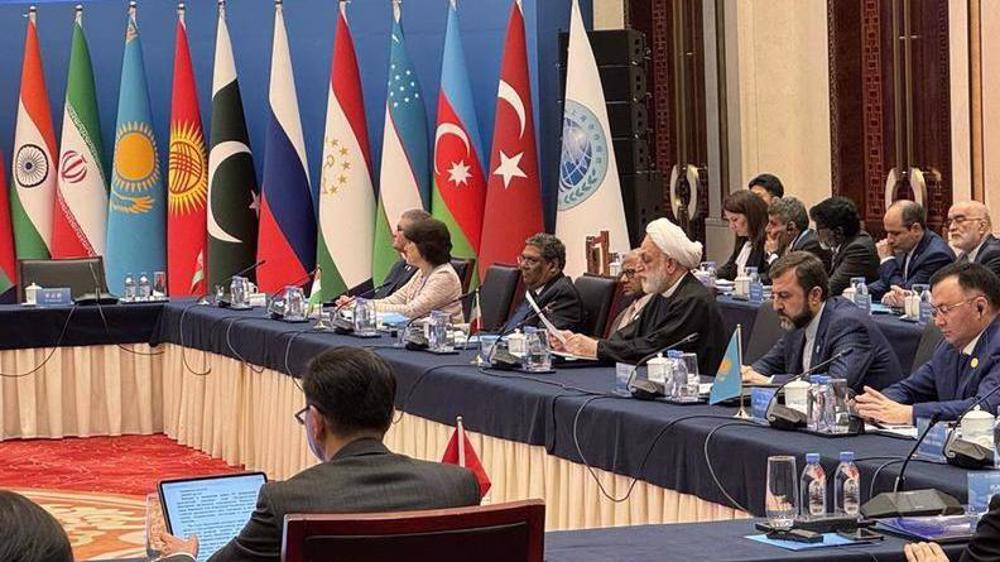
Iran unveils legal strategies for SCO states to counter challenges
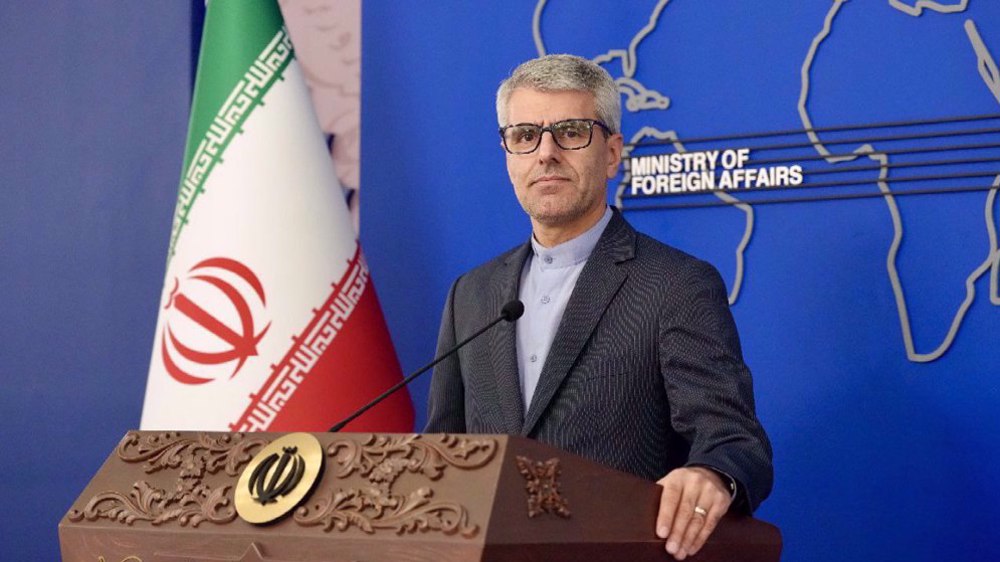
Iran: New sanctions show US 'lack of goodwill' in talks with Tehran
VIDEO | Gaza’s dire conditions hit unprecedented levels
VIDEO | Press TV's news headlines
VIDEO | Pakistan’s business and cultural front unites for Gaza: Nationwide shutdown, boycott announced
US jets carry out more aggression against Yemen
Syrian militants enslaving Alawite women in Idlib governorate: Report
VIDEO | US pro-Palestinian campus protest
VIDEO | Palestinian civil defense rejects Israel’s probe and exposes the crime
India downgrades ties with Pakistan after deadly Kashmir attack


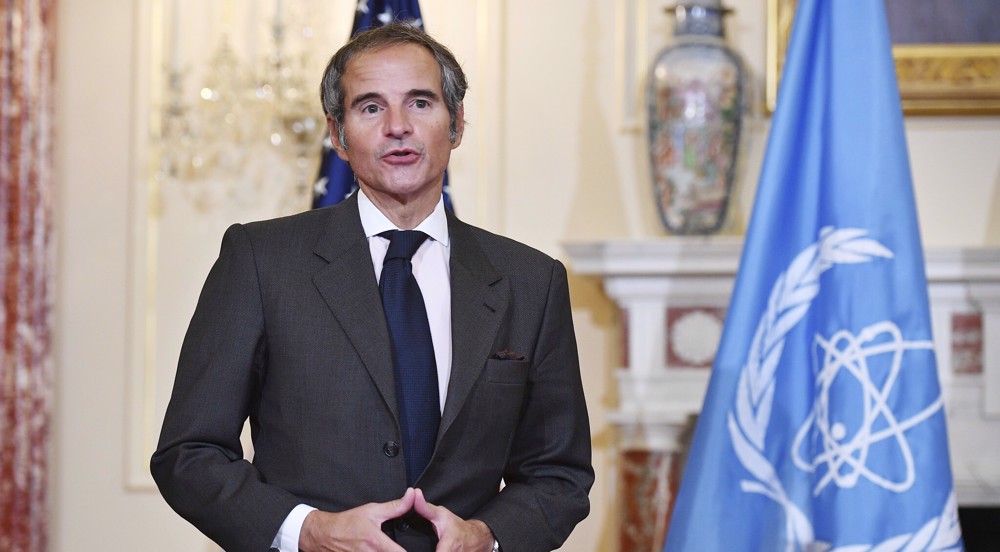
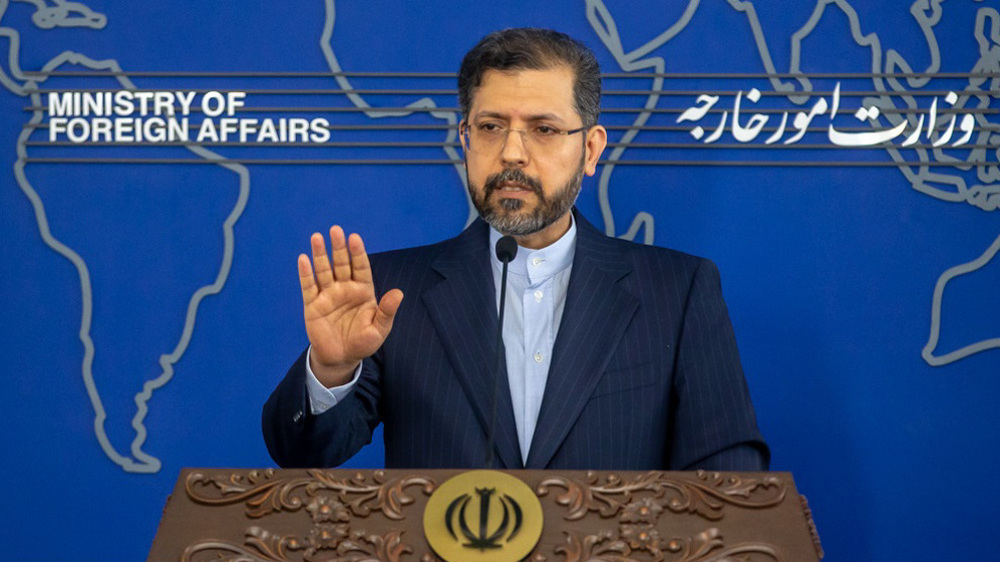
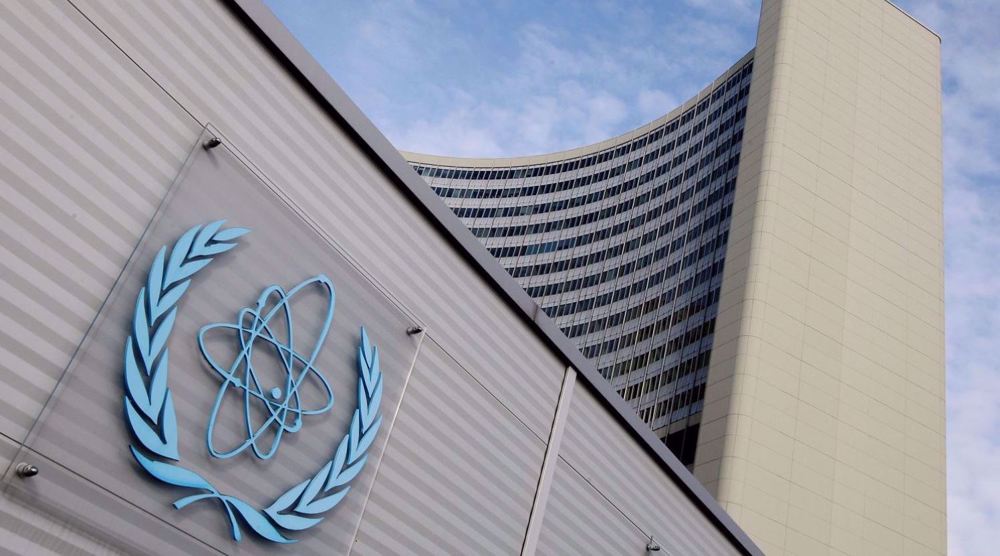



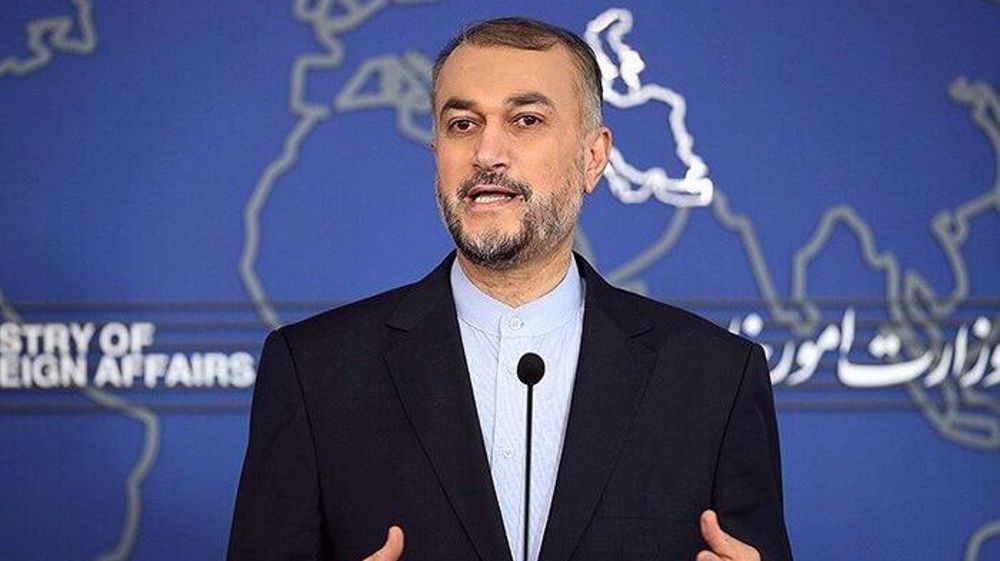
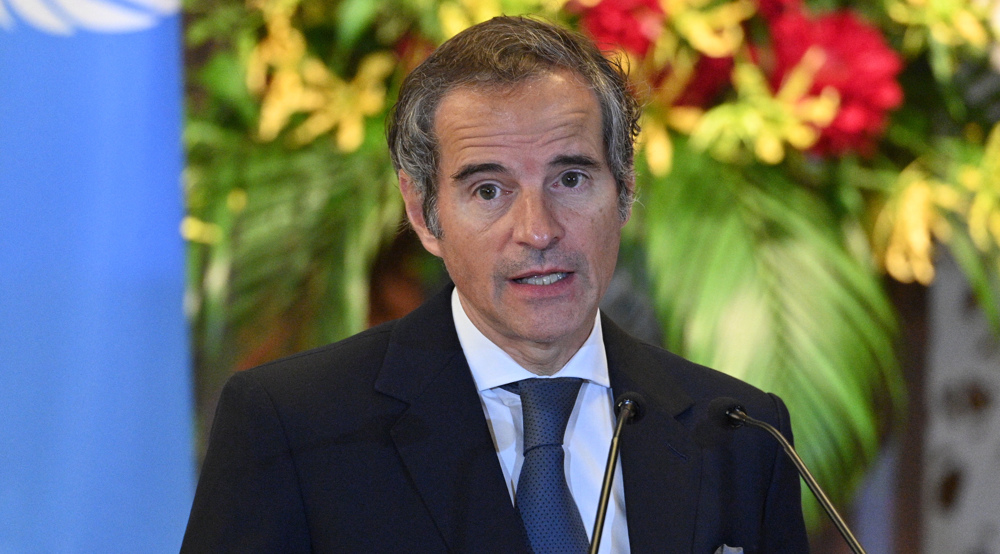
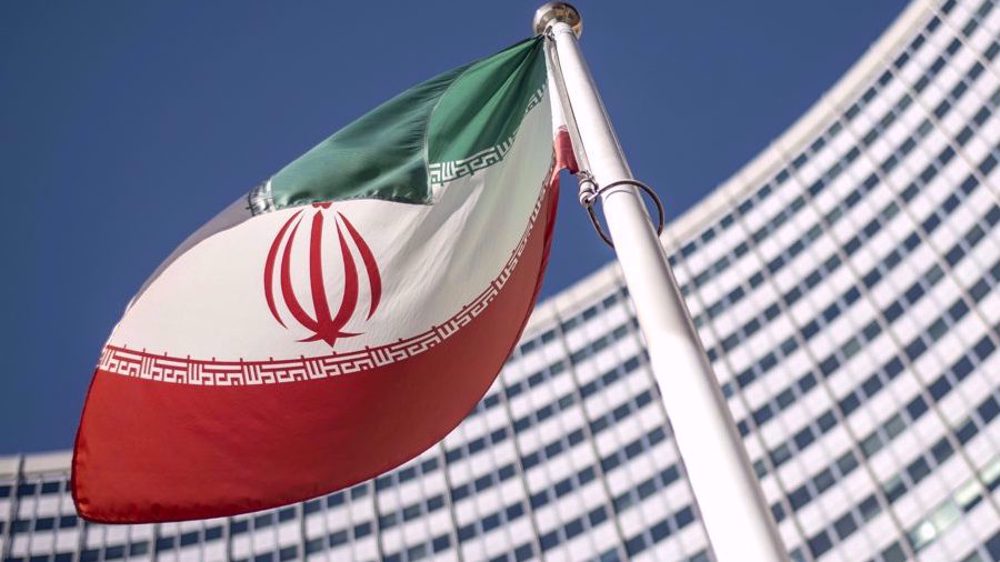
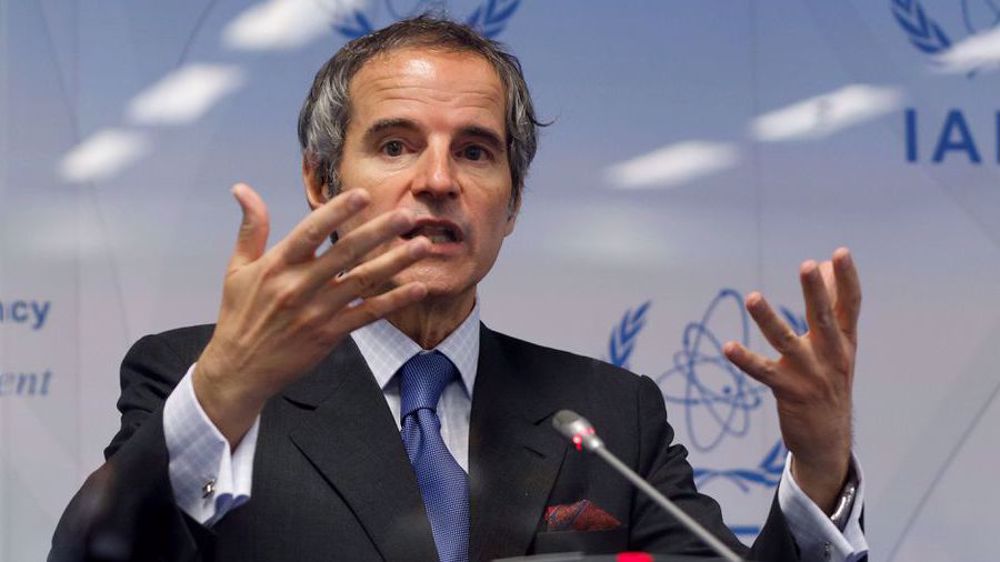
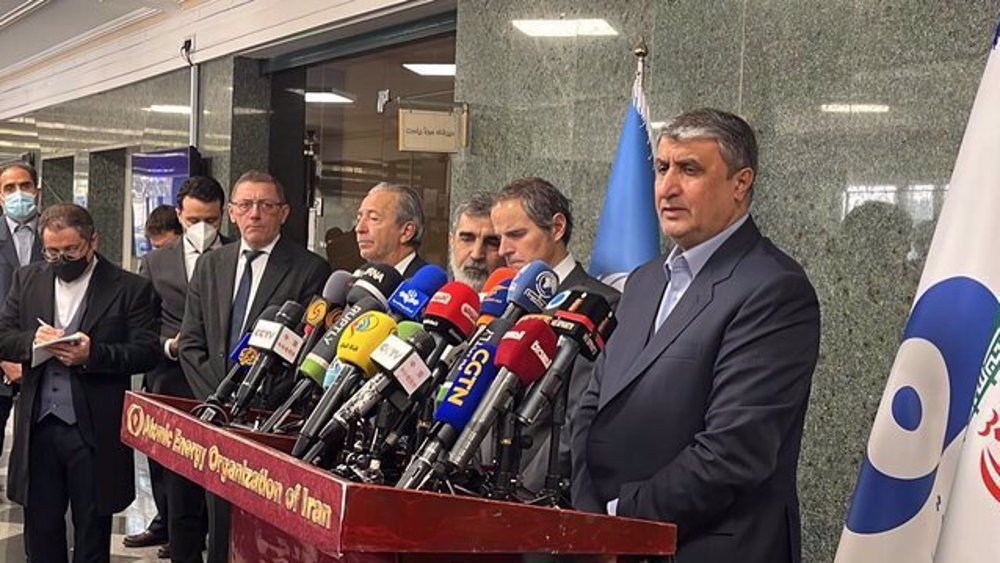

 This makes it easy to access the Press TV website
This makes it easy to access the Press TV website